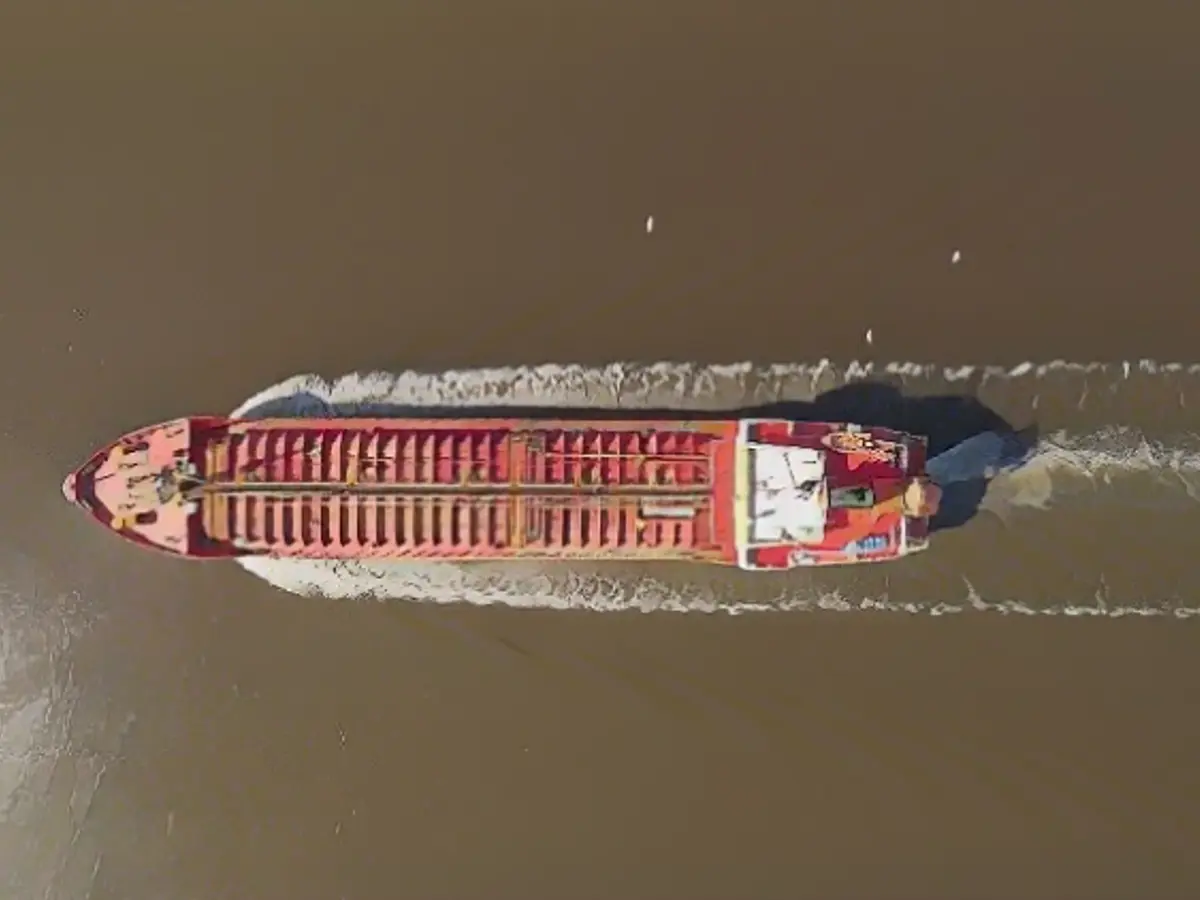refixingthe sailing of petroleum behemoth BP
A shifting tide in Red Sea shipping
Recent attacks by Yemeni Houthi insurgents on cargo ships in the Red Sea have compelled major maritime corporations to reconsider their strategies. The Suez Canal, often deemed too hazardous for seafaring due to the turbulent political climate, no longer serves as an adequate passageway for these firms, as stated by British oil titan BP. Their rivals, in turn, opt for lengthier detours.
BP's decision to halt Red Sea voyages
Following a string of assaults by Yemeni Houthi troops on vessels, London-based energy mammoth BP has put a temporary stop to all tanker voyages through the Red Sea. This strategic move comes as several significant shipping companies have taken similar measures in recent days.
"Given the deteriorating situation for Red Sea shipping security, BP has opted to put a temporary halt on all transit voyages," the company announced. This decision will remain in effect until the Region's climate undergoes a noticeable change, after which it will be reassessed.
A wave of suspensions from other shipping giants
In response to heightened risks in the region, shipping companies have faced substantial challenges when transporting goods through the area. Last week, A.P. Moller-Maersk and Hapag-Lloyd, two prominent shipping and logistics organizations, suspended passage through the southern Red Sea entrance following strikes on their ships. CMA CGM followed suit on Saturday.
Evergreen's response: Temporal halt on Israel shipments and Red Sea voyages
The Taiwanese container shipping company Evergreen has, in response to these intensifying threats, suspended all orders from Israel for the interim and halted voyages through the Red Sea until further notice. Ships in the area will be redirected to safe waters, and freighters with Red Sea routes will be rerouted via the Cape of Good Hope at Africa's southern tip,. Hapag-Lloyd, too, intends to take the Cape of Good Hope detour and continues this practice until the Red Sea and Suez Canal are once again deemed safe for ships and their crews.
The ripple effects on oil prices
The consternation among shipping companies has led to modest oil price increases at the start of the new week. At 77.07 dollars, a barrel (159 liters) of North Sea Brent crude for February delivery cost USD 77.07 a barrel on Monday morning, marking an increase of 52 cents from Friday. Meanwhile, West Texas Intermediate (WTI) for January delivery gained 55 cents to 71.98 dollars.
Enrichment Data Integration:
As a result of intensifying risks and navigational challenges in the Red Sea, shipping companies are forced to reroute their vessels away from the Suez Canal and Bab al-Mandab Strait. This shift in strategy significantly prolongs transit times and raises fuel costs for Asian-European trade. To mitigate these effects, some shipping lines are exploring land-based rail corridors for certain cargo types, transferring a portion of the burden from maritime transit and reducing dependency on the vulnerable Suez Canal[1][2][5].
References:
[1] [2] [3] [4] [5]








